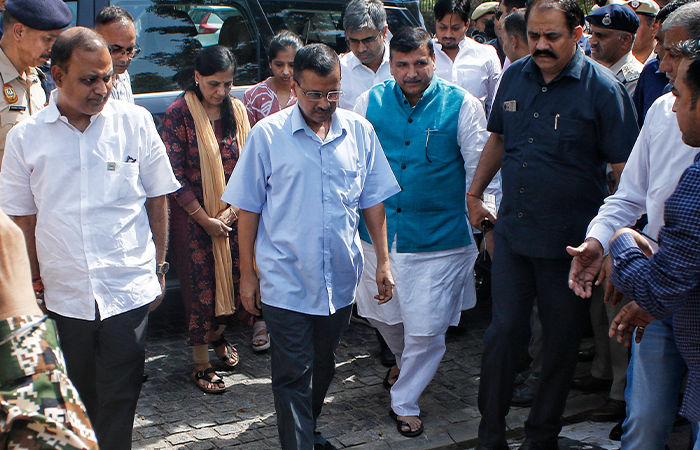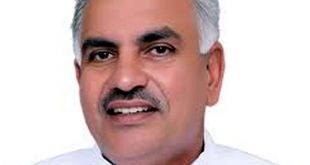
Arrest of Arvind Kejriwal: The Central Bureau of Investigation (CBI) arrested Delhi Chief Minister Arvind Kejriwal on Wednesday in connection with the alleged leaker policy scam. He will be questioned in custody for three days. Obviously, the Enforcement Directorate (ED) is already investigating the case. So how is the CBI's procedure different from the ED?
ED is already investigating this
Arvind Kejriwal's troubles over the alleged liquor policy scam in Delhi are not going away. On Wednesday, the CBI arrested him at Rouse Avenue Court and sent him to three days of custody, where his role in the liquor policy scam will be probed. But the ED is already investigating it. So are the two investigations separate, or are the two agencies working together to properly question Kejriwal?
CBI records Kejriwal's statement
On June 25, the CBI questioned Kejriwal in Tihar Jail and recorded his statement. After this action was taken. Now it is being compared to ED. But both will investigate different aspects of the case. While the ED is investigating the alleged money transactions in the liquor policy scam, the CBI will have to prove corruption and bribery by government officials. The ED arrested Kejriwal in March in the money laundering case. Kejriwal had only one charge. Transaction and use of money. Section 3 of the Prevention of Money Laundering Act (PMLA) considers money laundering a crime. According to a report, the ED had alleged that the scam was done to hand over the wholesale liquor business to private companies.
Which case is CBI investigating?
The CBI had registered a corruption case under the Prevention of Corruption Act (PC-ACT) in 2022, but there was something different here. Kejriwal was not named as an accused in this case. In March, when Kejriwal was taken into custody, Additional Solicitor General SV Raju had said that one does not need to be accused of a pre-determined offence to be made an accused under the PMLA.
CBI calls Kejriwal as witness
Simply put, the ED is investigating the alleged money trail. Kejriwal is accused of taking and using money. Also, the CBI is investigating corruption in this case. For this, they have to prove the alleged transaction of bribes. Till now it has been alleged that unnecessary benefits are being given to license holders under the excise policy, such as exemption in license fees or extension of licenses without approval. Although the investigating agency had the option of arresting Kejriwal, before that it needed some concrete evidence to show his involvement in the alleged scam. Even in the ED case, there is no direct connection. They accused Kejriwal in the alleged fund case. However, this is not an option in the case of corruption.
Also read: Kejriwal will get these facilities in CBI custody!
How difficult is it to get bail?
The ED has powers under the PMLA Act. This makes money laundering a crime. It is non-bailable, granting bail is entirely up to the discretion of the court. Under this law, the ED can arrest the accused without any warrant, as well as keep him in custody for a long time. Also, the Prevention of Corruption (PC) Act is strengthening the CBI. The law, designed to prevent corruption in government and public office, allows the accused to seek bail, although bail cannot be granted unless a public prosecutor argues against it. In November 2021, the Aam Aadmi Party government implemented this policy in Delhi. The Delhi government claimed that the new liquor policy would end the mafia rule and increase government revenue. However, this policy has been in controversy since the beginning. When the uproar increased, the government repealed it in July 2022.
The scam came to light in July
The alleged leaker policy scam was revealed in July 2022 by a report by the then Delhi Chief Secretary Naresh Kumar. In this report, he made serious allegations against many big leaders including Aam Aadmi Party's Manish Sisodia. Delhi LG VK Saxena recommended a CBI inquiry, after which the CBI registered a case on 17 August 2022. Money laundering was also alleged in this, so the ED also registered a case to investigate money laundering.
 look news india
look news india
